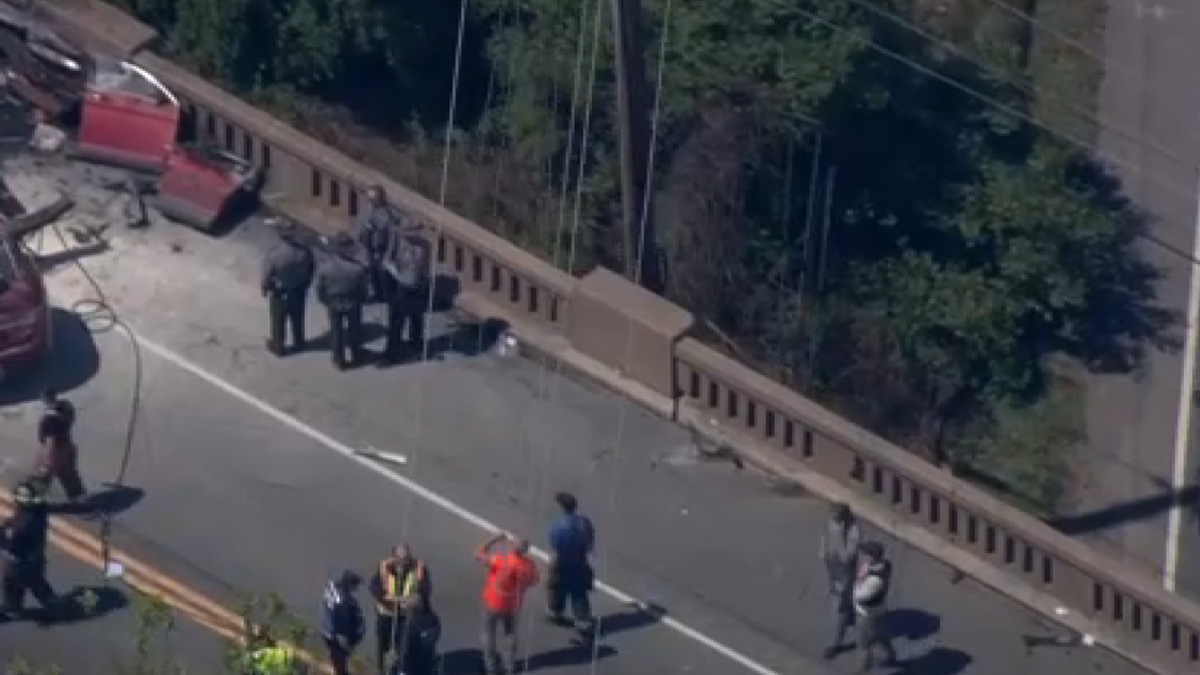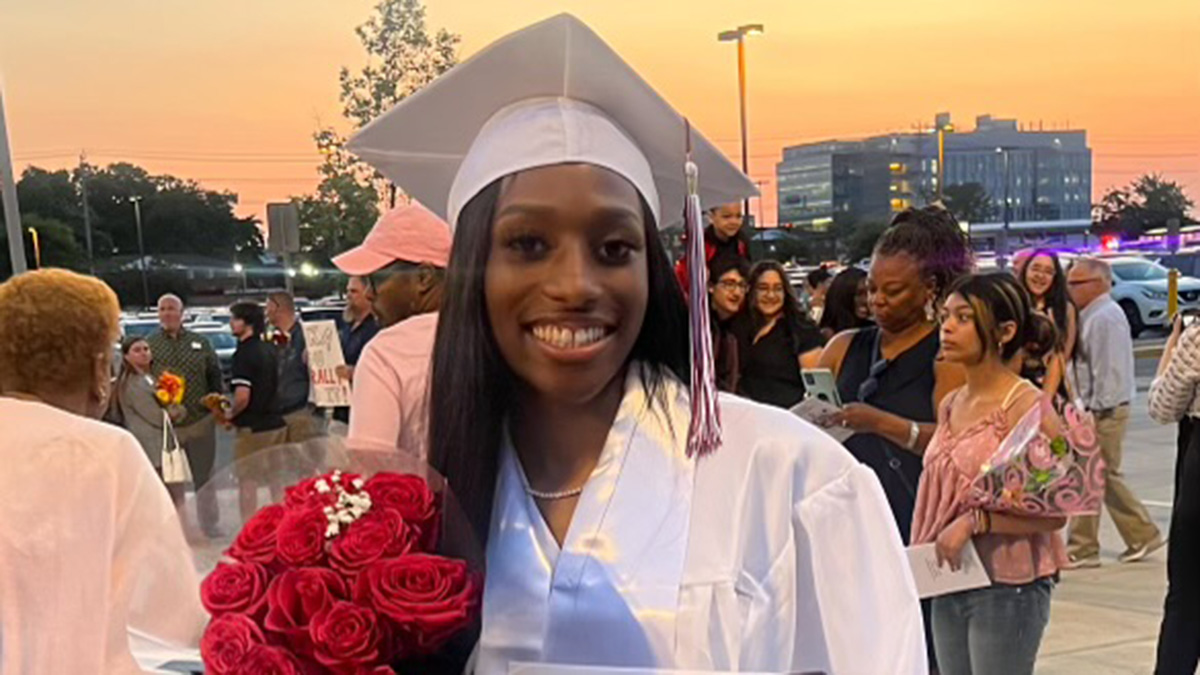Philadelphia police shared fresh details about their new body camera program Thursday, with Commissioner Charles Ramsey saying the cameras should eventually be in use citywide.
"This is good stuff here," Ramsey said. "The bottom line is, we're moving in this direction ... and I have every intention of expanding this."
Ramsey and other officials gathered at the 22nd District headquarters near Temple University in North Philadelphia, where about 30 officers are voluntarily testing the cameras. Ramsey said the 22nd was chosen because it is "one of our busiest districts ... whatever issues come up as far as having body-worn cameras, we'll find out pretty quickly."
Several officers talked about their experience with the camera pilot, which launched at the beginning of December.
Officer Dominik Mathis, a 14-year veteran, said he's getting used to the change.
"It's starting to get routine within the last week or so," he said. "Just getting in a routine to just switch it on once we get out of the car, to have it recording ... the only thing different is to let the person know they're being recorded."
Local
Breaking news and the stories that matter to your neighborhood.
So far, the body camera footage hasn't come into play in any investigations, officials said. And while the department is working from a set of draft guidelines for using them in the field, a number of implementation details are yet to be worked out.
Procedural questions accumulate
One question, said Ramsey, is whether the cameras should turn on automatically. Many police cruiser dash-cams turn on whenever officers turn on their siren or lights. Ramsey said he and other big-city police chiefs have asked vendors to work on body cameras that turn on as soon as the officer leaves the vehicle.
"You get an [officer] with a gun call, and you bail out of the car, I don't know how much you're thinking about turning the camera on," Ramsey said. "We hope it becomes a reflex, but I can certainly understand that in the heat of the moment, that may not be the first ting you do. So we've got to work through that. This is new ground, new territory."
As an officer on the street, Mathis said he felt the guidelines for turning cameras on are clear: If he's talking to the public, he's expected to have it on, but in certain private situations it's a different story.
"If we go to somebody's house for a disturbance call, obviously, because that's their place of residence, they have an expectation of privacy. We would have to ask permission – and if they say they don't want us to record, we would turn it off," Mathis said.
Mathis and Ramsey also said officers have some discretion when interviewing a potential witness or victim, such as sexual assault victims, who may not want to be filmed.
But Ramsey stressed the department has many questions about how the cameras could and should work in practice. Among them:
- What brand of cameras works best?
- Should they be mounted on the head (where they'll show what an officer is looking at) or the body (where they show what the officer's torso is facing)?
- What about data storage and retrieval?
- What should the public be able to access, and how?
- And what will it cost to equip the entire department?
Even the legal implications of failing to follow proper guidelines are as yet unknown.
For example, Ramsey said, it's not known whether evidence from a camera video could be ruled inadmissible in court if the officer who made the film failed to get the subject's permission to record. "I'm not a lawyer," Ramsey said.
Getting the entire picture
But if the department has few answers yet, the commissioner is optimistic that he'll know much more when the six-month test run in the 22nd is complete. And, in the end, Ramsey said he believes the cameras will help put his officers back on an even playing field in what he jokingly called the "video wars."
For years officers have had to get used to the fact that citizens can film them at will, Ramsey said. Putting cameras on officers, he said, means their side of the story will be on tape too – and not just the sensational parts that a passer-by might film, but whatever led up to the confrontation in the first place.
"This certainly does give a record of whatever encounter took place ... from beginning to end, not just in the middle, when an officer's wrestling with a suspect," Ramsey said. "That's often what happens [with citizen video] – when a person notices something's going on, that's when they click on their video. They don't capture the entire thing."



